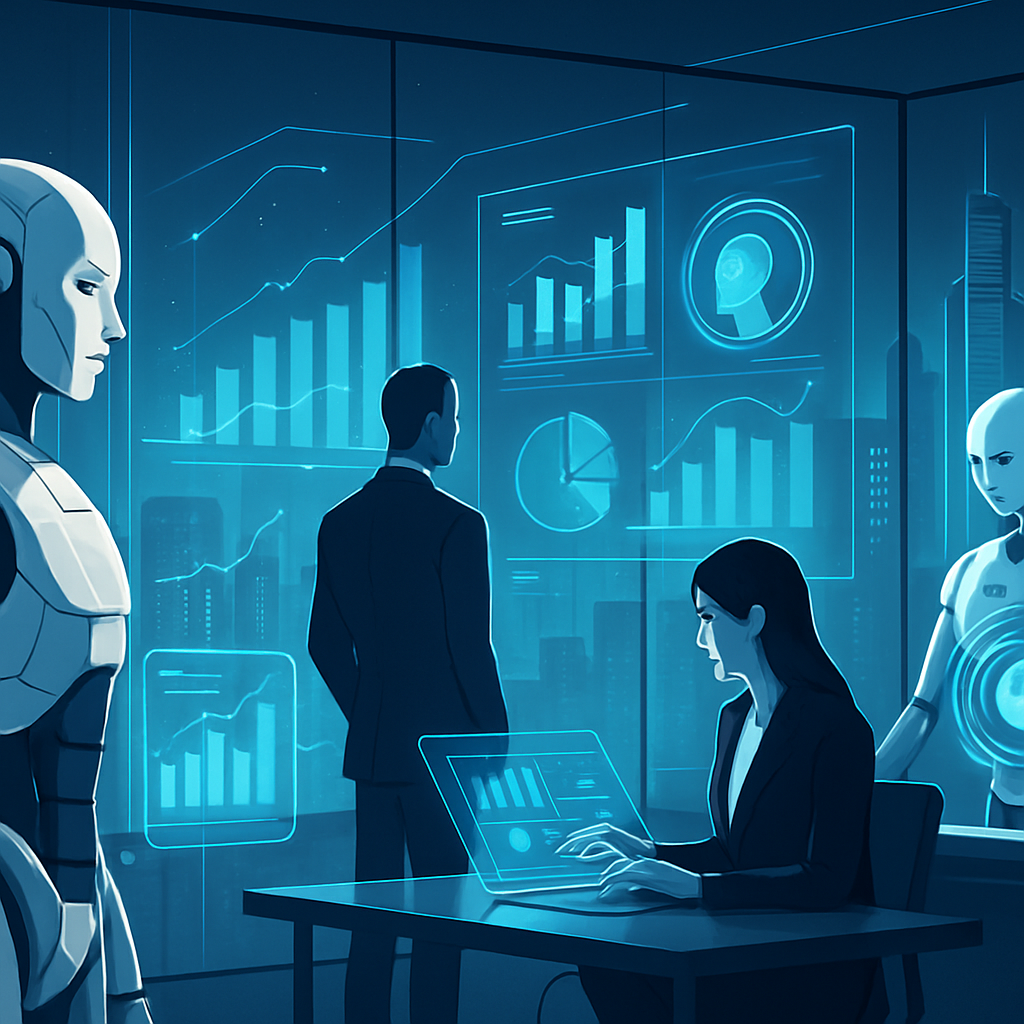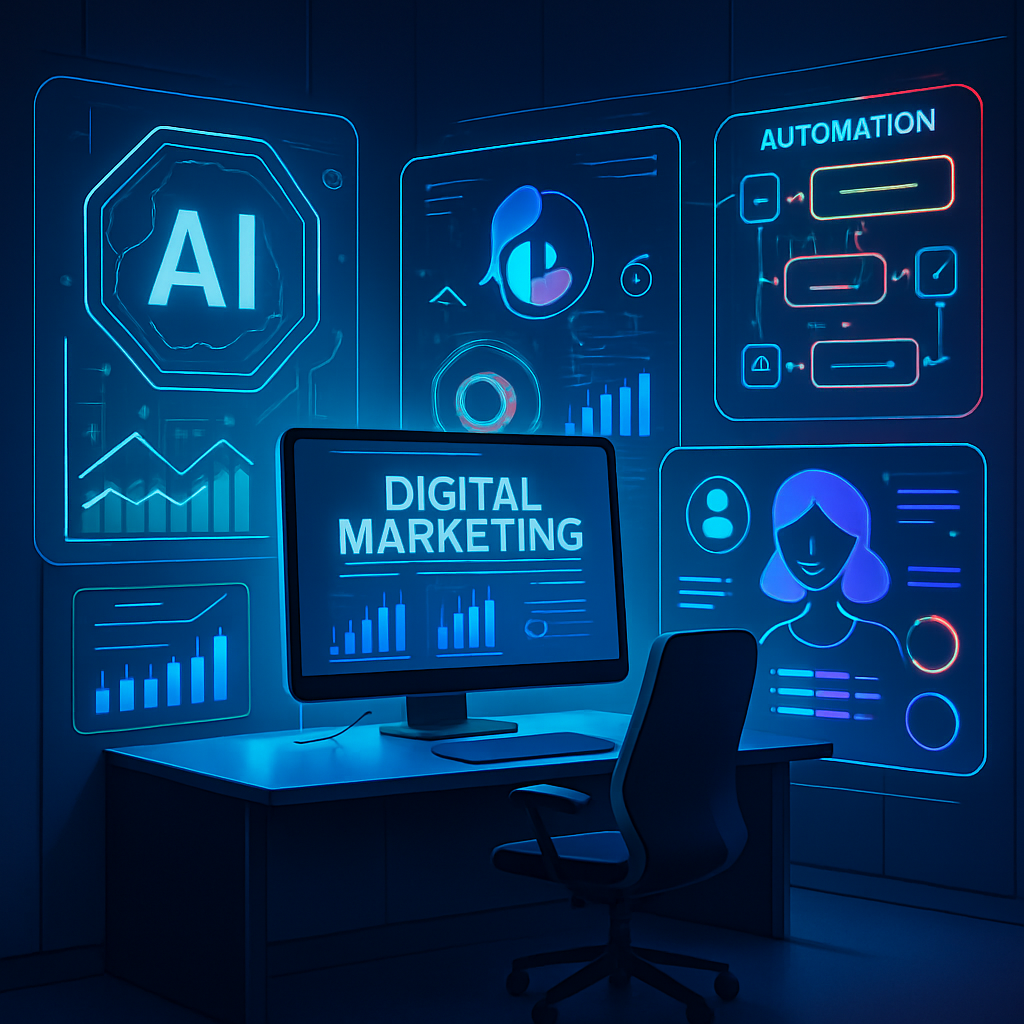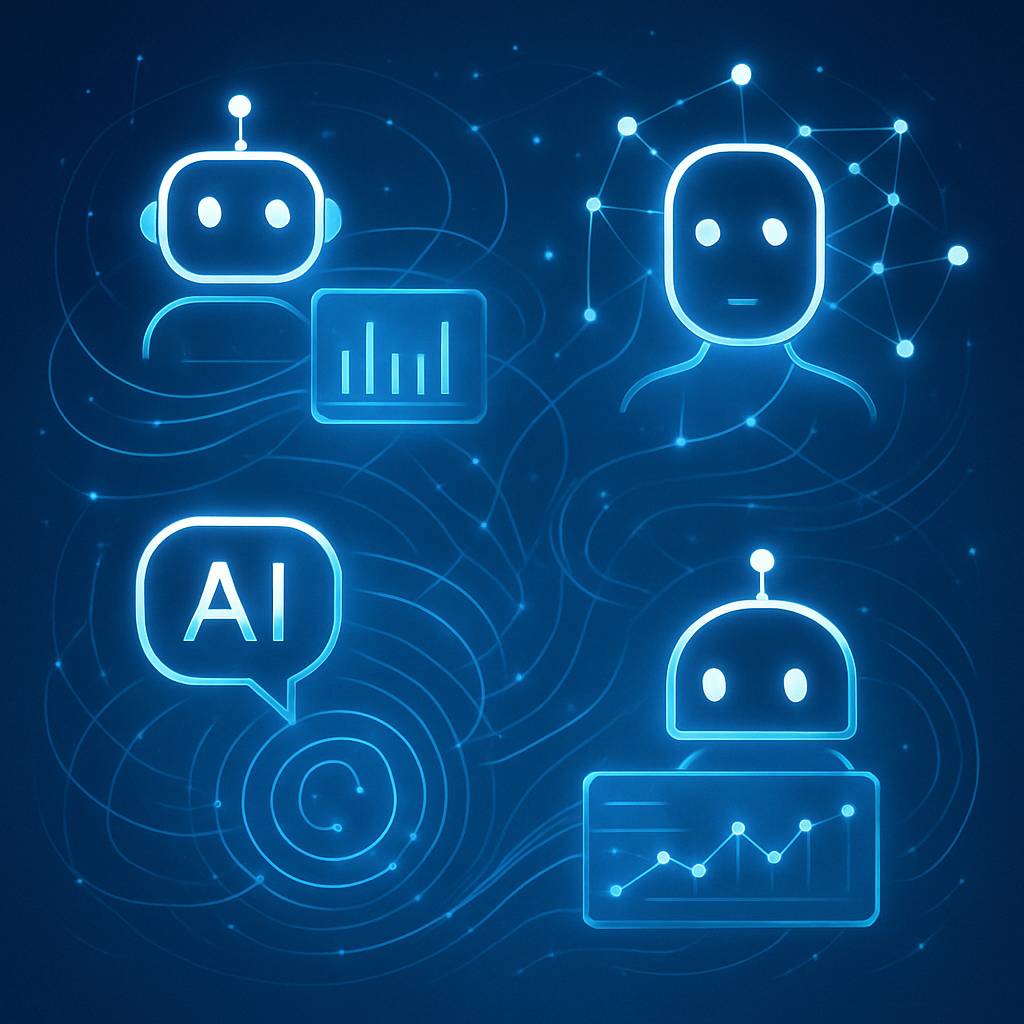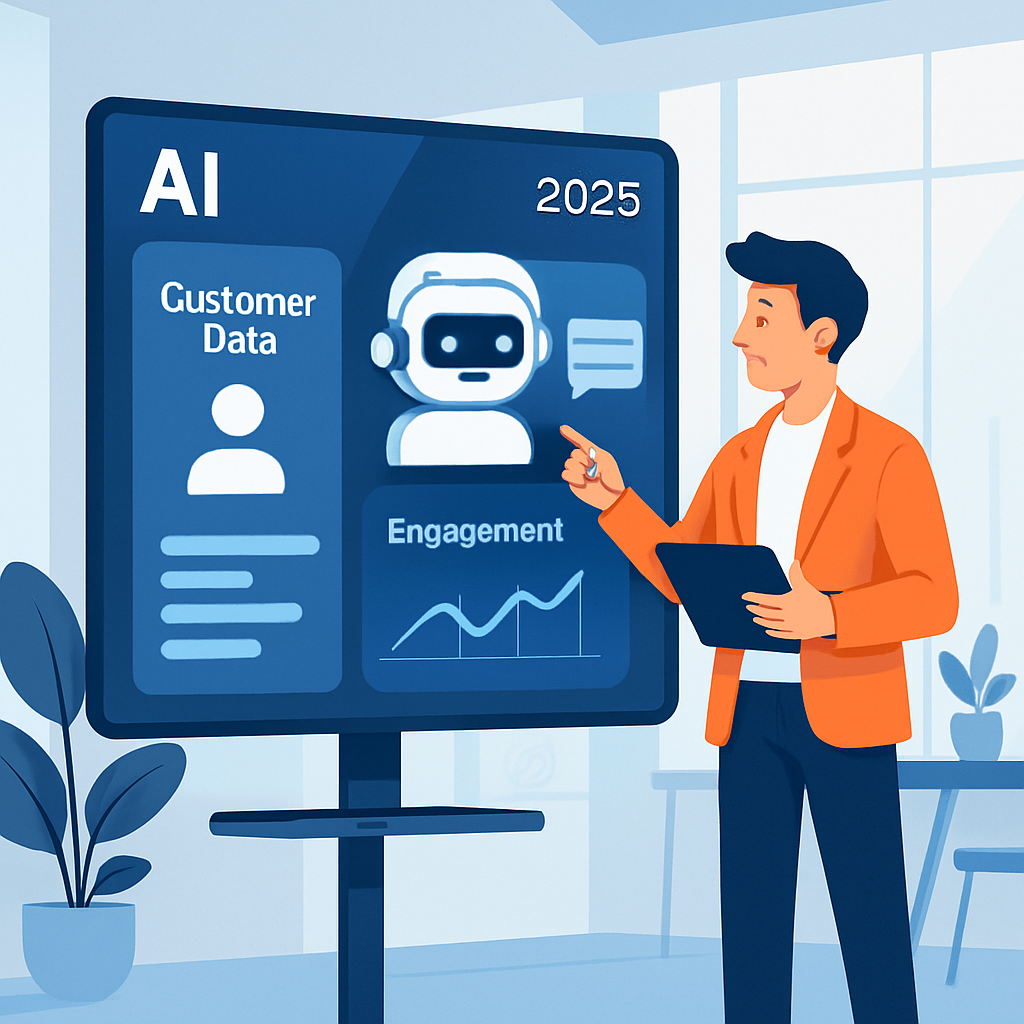
Harnessing Intelligent Machines: AI’s Role in Business Development
Introduction: The Dawn of Intelligent Business Development
In the rapidly evolving business landscape of 2025, artificial intelligence (AI) and intelligent machines have moved beyond theoretical concepts into practical engines driving growth and transformation. Business development, once reliant primarily on human intuition and conventional data analysis, is now being redefined by advanced AI systems capable of processing complex datasets, predictive modeling, and automating decision-making at unprecedented scales.
Understanding Intelligent Machines in Business Contexts
Intelligent machines refer to AI-powered systems that exhibit learning, reasoning, and autonomous decision-making abilities. Unlike traditional automation, these machines adapt to changing environments and optimize outcomes by interpreting data, detecting patterns, and predicting future trends. Their versatility lends them naturally to augmenting and transforming business development strategies.
Machine Learning and Predictive Analytics
Machine learning models enable businesses to analyze customer behaviors, market fluctuations, and operational bottlenecks. Predictive analytics fueled by these models facilitates early identification of opportunities and risks, allowing companies to pivot strategies swiftly and with precision.
Natural Language Processing and Intelligent Interaction
Natural language processing (NLP) grants intelligent machines the capability to understand and generate human language, enhancing communication channels such as virtual assistants, automated negotiations, and personalized outreach, all critical components in business development engagements.
Transformative Applications of AI in Business Development
AI integration manifests across diverse facets of business development, fundamentally changing how organizations identify prospects, nurture leads, and forge partnerships.
Hyper-Personalized Lead Generation
Traditional lead generation methods often suffer from broad targeting. AI-driven systems analyze multifaceted datasets—demographics, social media activity, purchase history—to identify highly qualified leads. For example, intelligent algorithms can tailor marketing messages in real-time based on individual preferences, substantially increasing engagement rates.
Dynamic Market Intelligence
Intelligent machines continuously monitor market conditions, competitor strategies, and supply chain dynamics. This constant vigilance supplies businesses with actionable intelligence, enabling faster responses to market shifts and facilitating entry into untapped segments with calculated risk.
Automated Relationship Management
Customer Relationship Management (CRM) systems empowered by AI bots and agents automate routine communications, schedule meetings, and nurture long-term client relationships. These intelligent agents can discern client sentiment through interaction analysis, then adjust interaction approaches accordingly to maintain engagement and trust.
Optimizing Sales Funnel Efficiency
From lead qualification to closing deals, AI models forecast conversion probabilities and identify friction points within sales pipelines. This insight allows sales teams to allocate resources optimally, prioritizing high-impact activities and improving overall funnel efficiency.
Real-World Example: AI-Driven Business Expansion in 2025
A multinational technology firm recently implemented an integrated AI platform combining intelligent machine learning models with real-time data feeds. The system analyzed emerging technologies and customer feedback, enabling the company to realign product development toward high-demand innovations. Within six months, this strategy increased market share by 15%, showcasing the tangible impact of intelligent machines in business development.
Challenges and Ethical Considerations
Despite its promise, deploying intelligent machines in business development raises challenges:
- Data Privacy and Security: Handling vast personal and corporate data requires stringent safeguards to maintain confidentiality and comply with regulation.
- Algorithmic Bias: AI systems trained on biased data can perpetuate inequities, leading to unfair business practices.
- Human Oversight: Decisions influenced by AI need transparency and human judgment to ensure ethical standards and strategic alignment.
Future Outlook: Intelligent Machines Shaping Business Development
The trajectory for intelligent machines in business development points towards increasingly autonomous, adaptive, and insightful AI systems. Emerging trends include:
- Augmented Intelligence: Collaborative frameworks where AI enhances human decision-making instead of replacing it.
- Cross-Industry AI Models: Shared AI insights across industries fostering innovation and novel growth opportunities.
- Explainable AI: Innovations ensuring AI decisions are interpretable, boosting trust and regulatory acceptance.
Conclusion: Redefining Business Growth Through Intelligent Machines
As 2025 advances, artificial intelligence and intelligent machines are not just tools but transformational partners in business development. Their ability to synthesize vast data, automate complex processes, and dynamically adapt strategies is revolutionizing how organizations envision growth. Businesses embracing this wave stand poised to unlock unprecedented opportunities and elevate competitive positioning in the global market.







